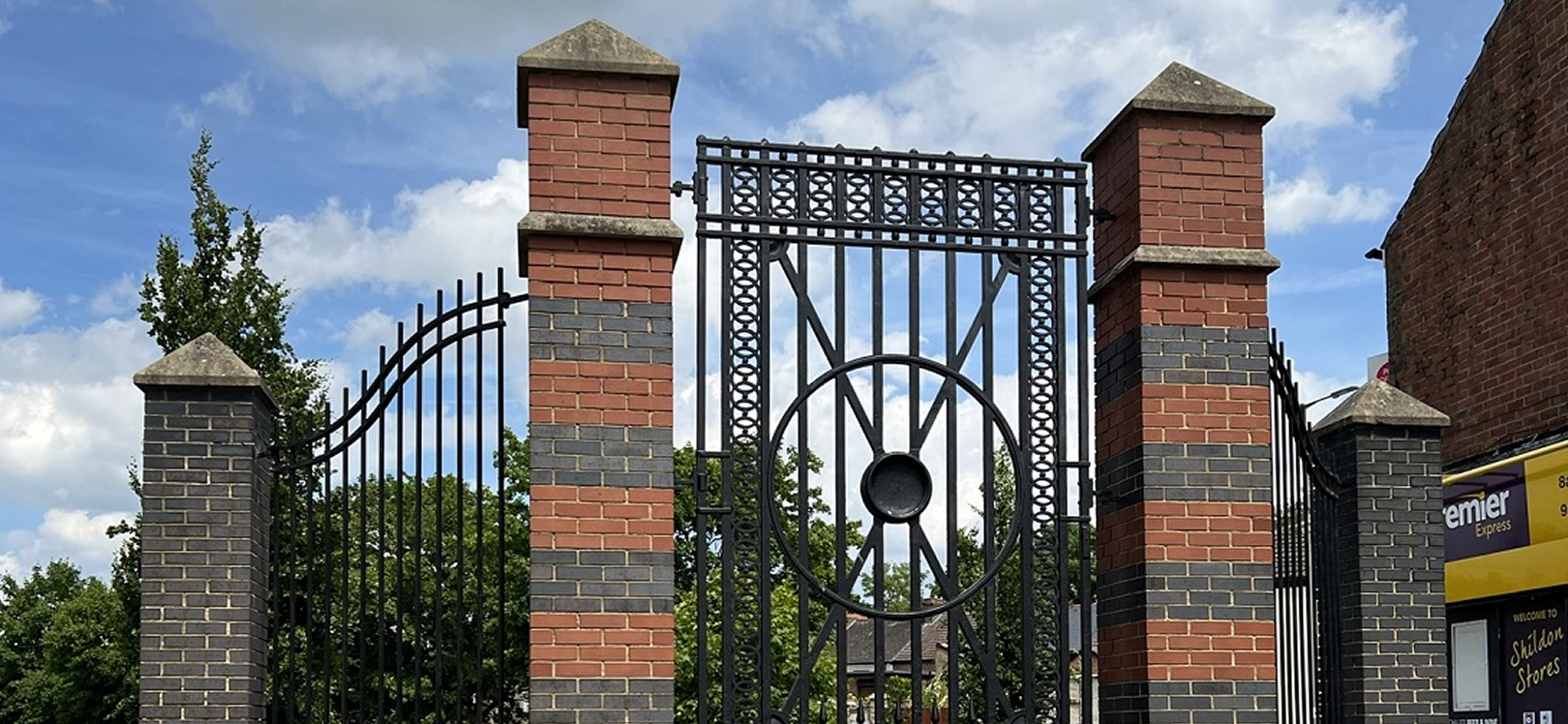Industry News
Celebrating and protecting County Durham’s heritage
Victorian gates from Euston Station, two ice houses and a deserted medieval village.
All are among 340 heritage assets across County Durham that are to be promoted and afforded increased protection, having been put forward for inclusion in a local authority project.
Durham County Council’s Local Heritage Listings Project goes before the authority’s Cabinet next week, with a recommendation that work be done that would allow it to be expanded to include more assets in future.
Cllr Elizabeth Scott, the council’s Cabinet member for economy and partnerships, said: “We all know that County Durham is rich in heritage and this project has proven exactly that, with 340 ‘assets’ identified for inclusion on local lists.
“The variety is remarkable, with the Victorian gates from Euston Station at Shildon – part of the old Stockton and Darlington Railway line, ice houses and a deserted medieval village. But it is not surprising given the diverse nature of our county.
“We would like to thank everyone who put forward assets for inclusion, which showed the value placed on heritage by residents and communities.
“This project means our heritage can be both promoted and considered in planning decisions and we hope to do further work that will enable us to identify even more local assets in the future.”
The Cabinet meeting next Wednesday 15 November will be reminded how the Local Heritage Listings Project is a national initiative which was launched in 2020 by the government across 22 pilot areas. The council was successful in applying for grant funding to be one of those pilots.
Councillors will recall how staff from different teams within the authority were tasked with carrying out research, engagement and other work to produce lists of non-designated heritage assets (NDHAs) for eight pilot areas across the county, also known as local lists.
The eight areas are: Bishop Auckland, Durham City, Sacriston, Seaham, Sedgefield, Shotley Bridge, Staindrop, and the route of the former Stockton and
Darlington Railway, including Shildon.
The criteria used to identify candidates for the local lists was developed and agreed with project sponsors; the government’s Department for Levelling Up, Housing and Communities, and Historic England; and reflects national guidance.
A report to Cabinet explains how the identification of a site as being a non-designated heritage asset via its inclusion on a local list, means that any proposals requiring planning permission which have an impact on its significance or setting would have to be assessed against specific policies. These would be within the County Durham Plan, national planning policy and any neighbourhood plans in place.
The County Durham Plan advises that ‘heritage assets; designated and non-designated, are irreplaceable so any harm or loss will require clear and convincing justification.’
Cabinet will be told that the project involved extensive engagement with residents and local interest groups in each pilot area.
Among the wide variety of nominations received were assets as diverse as historic houses, pubs, village halls, university colleges, public open spaces, public art and war memorials.
Cabinet is being asked to agree to the publication of the local lists for the pilot areas. It is also being recommended to agree the development of appropriate internal governance
arrangements for the further identification of NDHAs across the county.
Sarah Charlesworth, Listing Team Leader for Historic England in the North, said: “There are many historic sites in Durham that might not meet the strict criteria for national listing but are, nevertheless, a much-loved and valuable part of the county’s local heritage. The large number of nominations for the local list reflects both the richness of Durham’s heritage and the affection that communities have for these special places on their doorstep.”

